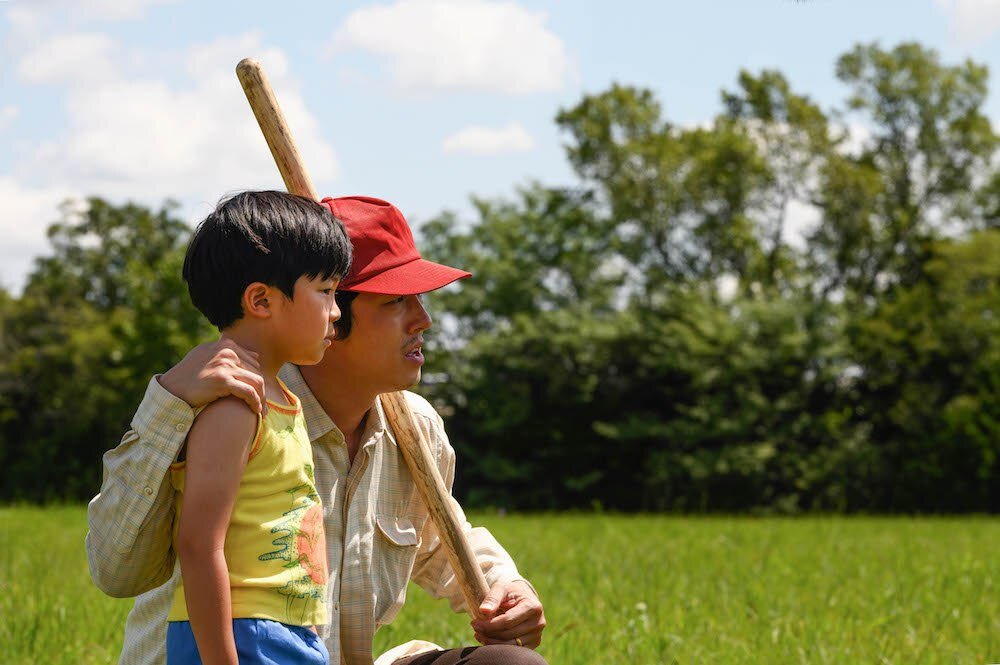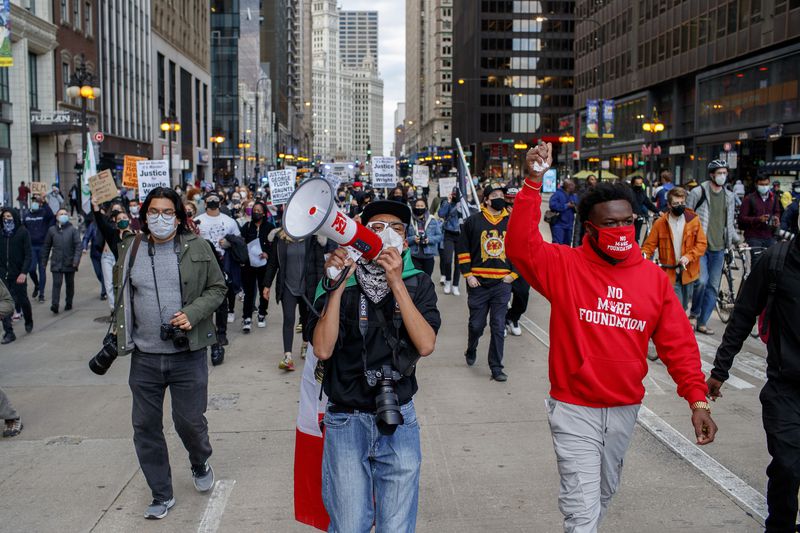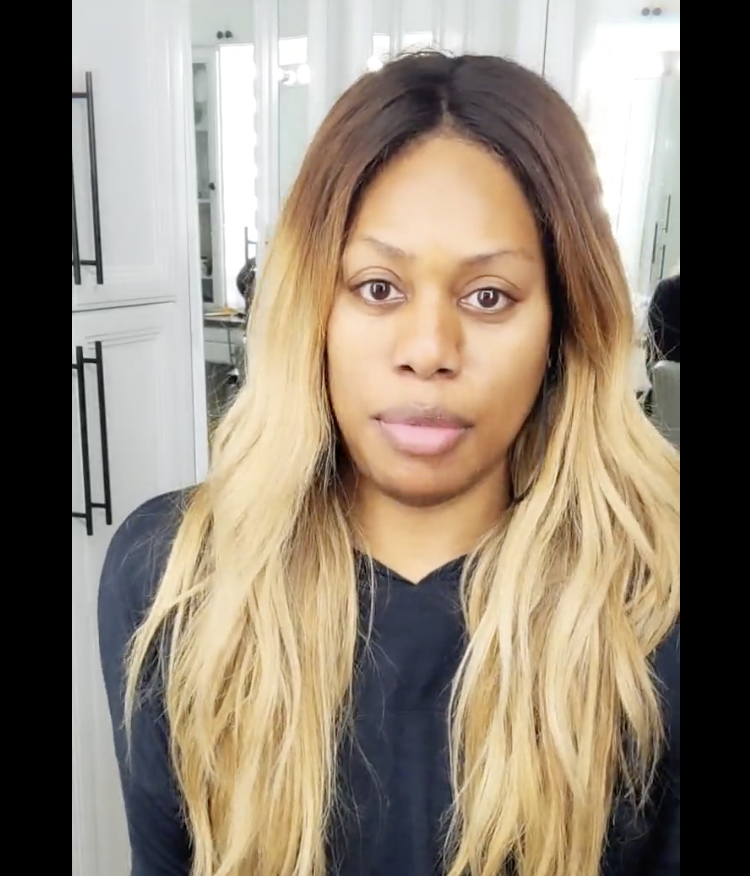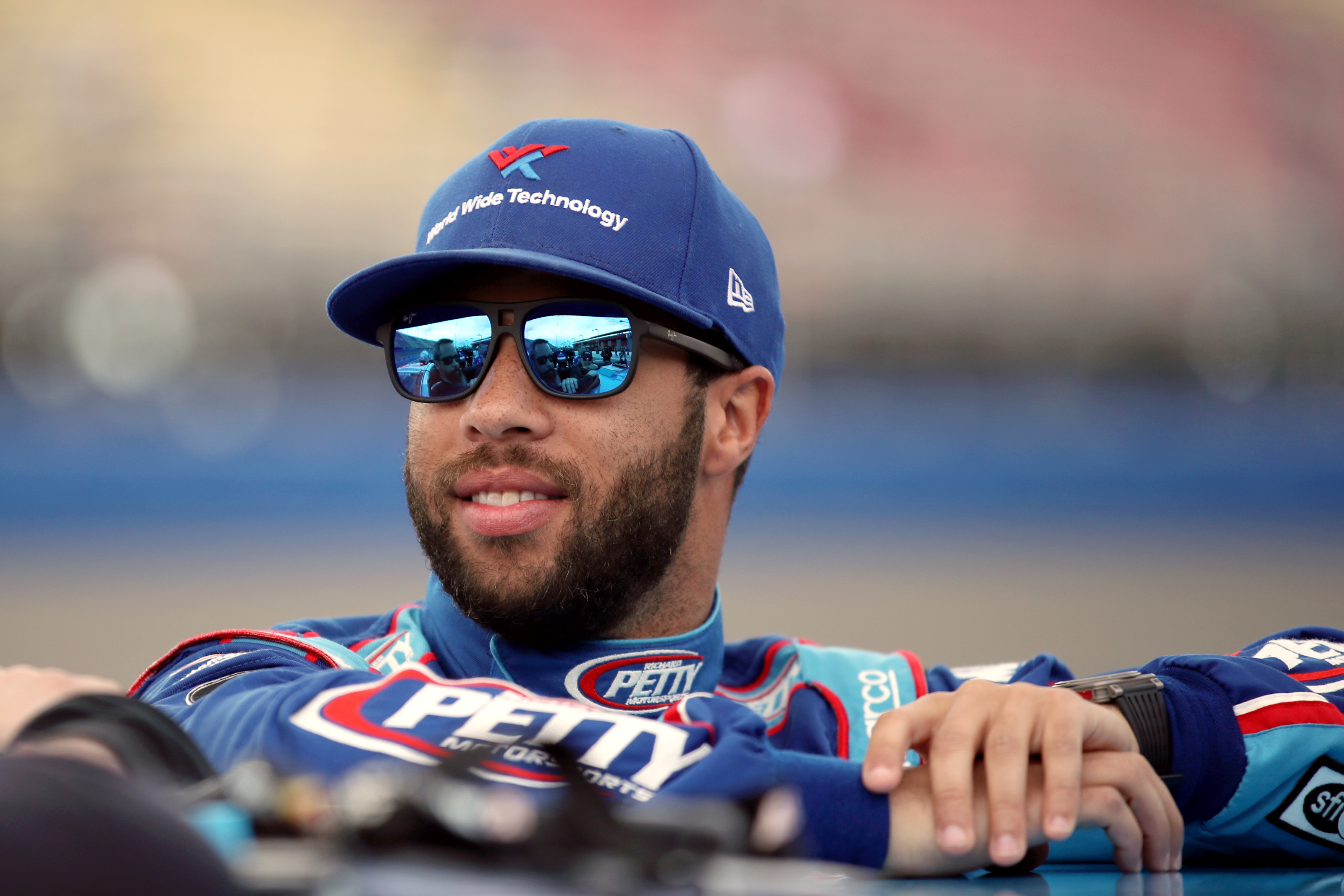On Sunday night, James Gunn, writer and director of the live-action Scooby Doo films, replied to fans’ tweets requesting for a Scooby Doo 3 remake. Viewfinder Film Club, a podcast that discusses films, responded: “Please make our live-action lesbian Velma dreams come true.”
I tried! In 2001 Velma was explicitly gay in my initial script. But the studio just kept watering it down & watering it down, becoming ambiguous (the version shot), then nothing (the released version) & finally having a boyfriend (the sequel). https://t.co/Pxho6Ju1oQ
— James Gunn (@JamesGunn) July 13, 2020
Surprisingly, James Gunn replied.
“I tried!” he said. “In 2001 Velma was explicitly gay in my initial script. But the studio just kept watering it down & watering it down, becoming ambiguous (the version shot), then nothing (the released version) & finally having a boyfriend (the sequel).”
A comment from the producer of Scooby Doo! Mystery Incorporated, Tony Cervone, circulated on Twitter, clarifying that their intent was to make Velma a gay lesbian.
Per one of the producers, Velma was supposed to be canonically gay in Scooby Doo: Mystery Incorporated and have a real relationship with Marcie. According to him, they pushed for the narrative “Asclear as they could make it 10 years ago” and it was always the intent. pic.twitter.com/z9dwMLftJU
— TRAFON (@RiseFallNick) July 13, 2020
Deleted scenes that question the sexuality of the other female lead, Daphne, have been uncovered by fans too.
fuck it deleted scene of daphne having a gay panic over hot velma on the tl pic.twitter.com/zsAwip15h0
— acab ミ☆ (@letsbians) July 12, 2020
In an MTV interview, Sarah Michelle Gellar, who plays Daphne in the live action films, said that she and Velma “did have a kiss that got cut.” Linda Cardellini, who plays Velma, said that “[Velma] loves her friends and she loves solving mysteries.” The interviewer responded “and she’s in love with Fred Jones,” and Gellar retorted with “I think she’s in love with Daphne.”
This year has brought up many conversations about queer representation in cartoons.
In 2018, Noelle Stevenson rebooted the 80s cartoon She-Ra to join the queer revolution in children’s animation.
She-Ra is accompanied by Spongebob Squarepants, The Legend of Korra, Adventure Time and arguably the queerest children’s cartoons, Steven Universe, among others.
Steven Universe, whose creator, Rebecca Sugar, is a non-binary bisexual woman, took on topics like black beauty, non-nuclear families, queer love, body image, as well as more complicated issues such as homophobia, anxiety and domestic violence while making them approachable for children.
Some fans argued bringing attention to the characters queerness defeats the purpose of queer being a self-defined identity and erases the subjectivity that the child is given to perceive the LGBTQ+ character. Although we are not completely absolved from the fight for LGBTQ+ rights, progress is being made and queer cartoons have played a part.






